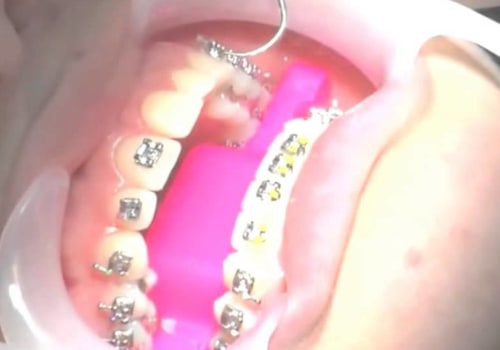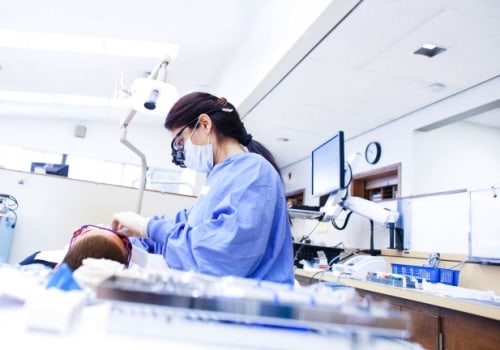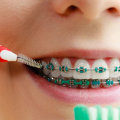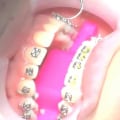This dental specialty is the highest-paid out of the twelve. It involves surgery and treatment of diseases, injuries, and defects of the jaw, face, neck, head, and other maxillofacial structures. It also deals with oral cancers, cleft palate, impacted teeth, and other facial trauma. The specialty program in oral and maxillofacial surgery lasts an additional four to six years in addition to a bachelor's degree in dentistry.
To increase their chances of getting the highest-paying jobs for dentists, many pursue a specialty such as prosthodontics. This field specializes in reconstructive dental work, such as bridges or dentures. Prosthodontists can also help with problems such as dental implants and crowns. Oral and maxillofacial surgeons diagnose and treat patients with complex dental, mandibular, and facial problems.
As an oral and maxillofacial surgeon, you are a highly specialized dentist who performs oral and facial surgeries for a variety of common issues, such as correcting cleft pallets, reconstructing misaligned jaws, and installing dental implants. You also treat more serious problems like obstructive sleep apnea and oral cancer. Oral and maxillofacial surgeons may choose to work in a hospital or office. Patients are usually referred to oral and maxillofacial surgeons by their dentist or general practitioner.
Endodontists are dentists who specialize in diagnosing and treating tooth pain caused by a problem within the tooth's pulp. They perform root canals and other procedures to save and restore teeth rather than removing and replacing them. The American Association of Endodontists points out that endodontists perform a greater number of endodontic procedures than general dentists. An endodontic assistant works with a specialized dentist called an endodontist.
An endodontist treats problems with the tissues and pulp inside the teeth. The main dental procedure they perform is endodontics. In this work, their functions are to assist the endodontist in their practice and procedures. Their responsibilities may include scheduling patient appointments, performing x-rays, and helping before, during, and after a root canal.
During these procedures, they can clean the patient's mouth, pass the tools to the dentist, or monitor the patient's well-being and comfort.
Dentistry
is one of the highest-paying careers in the health field and there are different specialties that can be followed. Using cutting-edge technologies and expert pain management skills, endodontists are the specialists to whom general dentists refer patients for root canals. Dental assistants work in dentists' offices and often work with a dentist rather than in a hospital like dental hygienists do. Dentists also promote preventive measures to prevent tooth decay and other conditions caused by bad habits.Other responsibilities involve communicating with the dentist and ensuring the quality of the dental implants that are produced. Dentists in any specialty require problem-solving skills to analyze, diagnose, and treat patients' conditions. However, dentists who take specialized courses in dentistry such as oral and maxillofacial surgery, endodontics, pediatric dentistry, orthodontics and dentofacial orthopedics, prosthodontists, or periodontics earn more than doctors do. You are responsible for answering the phone, scheduling appointments, and performing tests or measurements before the patient goes to the dentist.
In addition to typical aspects of a dental career, pediatric dentists also focus on teaching their patients and patients' families about proper oral health and the importance of preventing tooth decay through daily tooth care. Public health dentistry focuses on non-clinical ways to prevent oral diseases in a larger population. They handle basic administrative tasks for the office as well as cleaning equipment so that the dentist can focus on exams and procedures. Most dental hygienists work in dentists' offices but some may work in hospitals or other health facilities.
As an oral surgery assistant your duties are to prepare patients and the operating room for the dentist.






